Content Personalization in B2B Marketing
Introduction
In today’s competitive B2B marketing landscape, businesses constantly seek innovative ways to stand out and engage their target audience. One effective strategy is content personalization. By tailoring content to individual prospects’ specific needs and interests, businesses can significantly increase their chances of success.
Understanding Personalized B2B Content
Personalized B2B content refers to customizing marketing materials, such as emails, blog posts, and landing pages, to cater to each prospect’s unique preferences and pain points. This approach goes beyond generic messaging and considers factors such as industry, job title, and previous interactions with the brand.
The Benefits of Personalized B2B Content
There are several compelling reasons why businesses should invest in personalized B2B content:
Increased Engagement:
Personalized content resonates with prospects on a deeper level, leading to higher engagement rates and increased time spent on your website.
Improved Conversion Rates
By delivering relevant content that addresses the specific challenges faced by your prospects, you can significantly improve your conversion rates and drive more qualified leads.
Brand Loyalty
When prospects receive personalized content that adds value to their business, they are more likely to develop a sense of loyalty towards your brand, leading to repeat purchases and long-term partnerships.
Enhanced Customer Experience
Personalized content shows your prospects that you understand their needs and are committed to giving solutions that meet their unique requirements.
Implementing Personalized B2B Content
Now that we understand the benefits let’s explore how to implement personalized B2B content effectively:
Collect Relevant Data
Start by collecting as much data as possible about your prospects, including their industry, job title, company size, and pain points. This information will serve as the foundation for your personalized content strategy.
Segment Your Audience
Using your collected data, divide your audience into segments based on their common characteristics. This will allow you to create highly targeted content that resonates with each group.
Create Customized Content
Once you have identified your audience segments, it’s time to create customized content for each group. This could include personalized emails, industry-specific blog posts, or tailored landing pages.
Leverage Automation Tools
To scale your personalized content efforts, consider using marketing automation tools that allow you to automate customized content delivery based on predefined triggers and rules.
Continuously Optimize
Finally, continuously monitoring and optimizing your personalized content strategy is important. Analyze your campaigns’ performance, gather audience feedback, and make data-driven adjustments to ensure maximum effectiveness.
Content personalization is a powerful strategy that can significantly improve the effectiveness of your B2B marketing efforts. By delivering tailored content that addresses the unique needs of your prospects, you can increase engagement, improve conversion rates, and build long-term customer loyalty. Implementing personalized B2B content requires collecting relevant data, segmenting your audience, creating customized content, leveraging automation tools, and continuously optimizing your strategy. Start implementing personalized content today and take your B2B marketing to new heights.
You can also learn more about Case Studies for Demonstrating B2B Solutions, click here!
